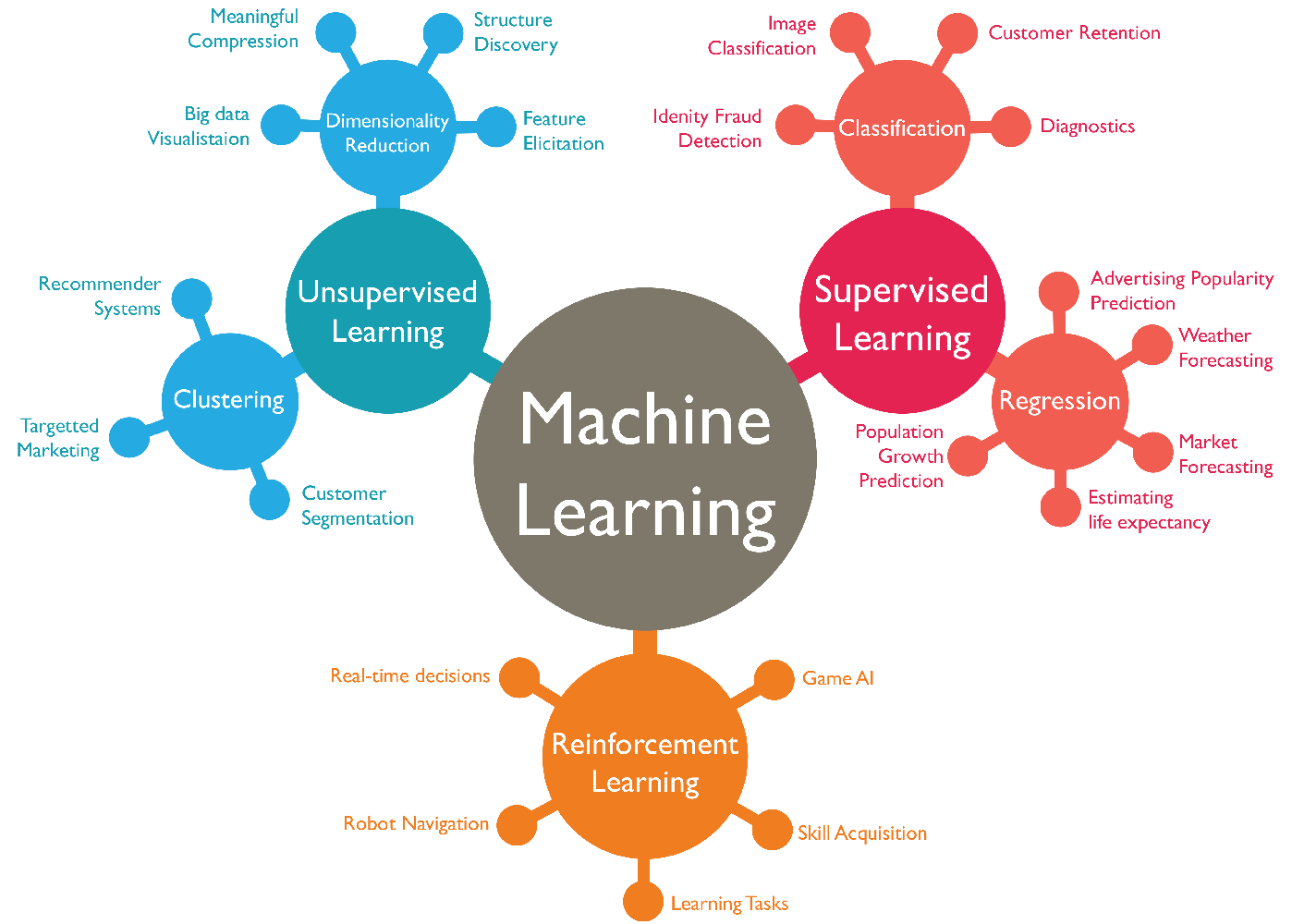Source – https://techstory.in/
Change is the only constant thing, and failing to change with times is like walking on the path of self-destruction. Tech giants know this bitter truth. Hence, they are always following technological developments to make sure they adapt themselves quickly. The advent of data science and machine learning has brought profound changes globally, and tech giants have embraced it too. In recent years, tech companies are hiring data science experts and young professionals who have done ms in data science and masters In machine learning In India to ensure they have the workforce to understand this technology. They are also acquiring start-ups having data science expertise to stay updated with the developments in this field. Here, we take a look at how top tech companies are using data science and ML in their organization.
- Chatbots:
An AI chatbot is a helpful tool that answers your messages for you. Facebook, Microsoft, and other organizations are pushing for the development of chatbots for use in their respective messenger apps.
Although chatbots didn’t start well and users bad-mouthed them for using profane language, chatbots can be useful in filtering spam and bigotry.
Tech giant Google has used AI to help its users in managing their messages. Google’s chatbot is a more sophisticated auto-response email and works on AI to send automated responses to messages. It understands what the email is asking and then frames an ideal response to it.
- User Acquisition:
Generally, the customer acquisition funnel for a typical consumer business has three stages. The first stage involves segmenting the customer base to know their needs. In the second stage, the company engages with customers with the ideal messaging at the right time. And in the third stage, the business converts the customers into product users.
Tech giants are using machine learning across the entire user acquisition funnel. In his 2017 letter to shareholders, Amazon’s CEO Jeff Bezos revealed how machine learning contributes to the Amazon.com experience ‘beneath the surface’ by enhancing product and deal recommendations based on user preferences. However, segmenting users and offering them relevant products is the first step and not the entire process. Several retailers bank on machine learning to adjust branding, copy, and promotional pricing on the go to maximize the likelihood of a sale for any potential customer
Salesforce launched Einstein, a product that scrutinizes CRM data to give tailored recommendations to increase a particular prospect’s chance to convert from a sales pitch. The product even suggests the right time to send an email.
- Voice computing:
Voice search is a crucial aspect of the digital era. It would make typing and many other tasks unnecessary and change how users search for something on the internet.
Tech giant Microsoft is taking giant strides in this arena. Recently it acquired Maluuba, which according to Microsoft, has one of the world’s most impressive deep learning research labs for natural language understanding.
By utilizing Maluuba’s research labs, Microsoft will hope it provides a sophisticated voice search option, a feature that major tech companies aspire to provide.
- Automating learning and development:
The learning and development department is a crucial facet for any organization. And AI has already made stellar changes in the way organizations manage their L & D departments. AI has enabled HR teams to map and plan training requirements and automate the training process to a great extent. Some organizations have automated their entire training needs by using online Learning Management Systems (LMS). AI-powered online LMS systems transcend geographical limitations and time zones. These online LMS systems have minimized requirements for candidate and trainer travel. As this training model substantially reduces the HR functionaries’ workload and improves employee efficiency, AI-enabled training solutions are fast becoming a choice for companies globally.
Forecasting:
Machine learning’s precision has allowed a wide variety of organizations to build more robust, granular, and accurate forecasting models.
Walmart was one of the pioneers in using AI in the field of supermarkets. It ran a competition in 2016 on the data science recruiting platform Kaggle, inviting applicants to use historical data from 45 stores to create a model that forecasted sales by the department for every store. Insurance giant AIG has been at the forefront in using data science. It has assembled a 125 person data science team to create machine learning models to improve the organization’s ability to anticipate claims and predict outcomes.
Global eyewear conglomerate Luxottica uses machine learning to forecast demand for its products. It uses machine learning and past launches’ data to predict sales performance.
